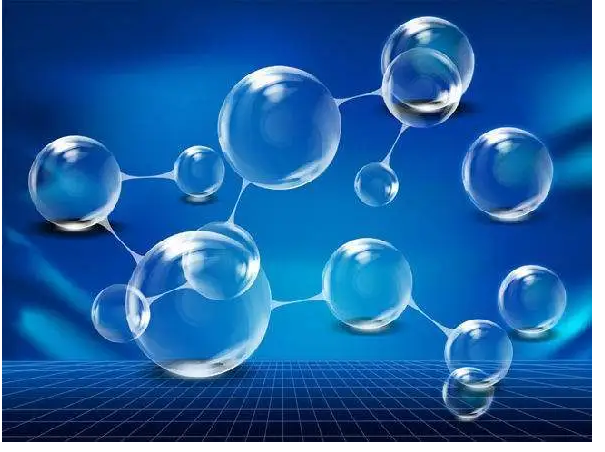The main application areas of peptides
Abstract: peptide is a kind of bioactive substance, involved in various cell functions in living organisms. It has been more than 40 years since biochemists artificially synthesized peptides. With the rapid development of molecular biology and biochemistry technology, the research of peptides has made amazing and epoch-making progress. Thousands of peptides have been found in organism.
Peptides are biologically active substances involved in various cellular functions in living organisms. It has been more than 40 years since biochemists artificially synthesized peptides. With the rapid development of molecular biology and biochemistry technology, the research of peptides has made amazing and epoch-making progress. Thousands of peptides have been found in living organisms, and it has been found that all cells can synthesize peptides. At the same time, almost all cells are regulated by peptides, which are involved in hormones, nerves, cell growth, and reproduction. In the future for a long time, human research and application of peptides will have a brilliant period, so this century is a world of peptides.
At present, the application of peptides mainly focuses on antiviral peptides, peptide drug carriers, peptide nutrition food and cosmetic peptides.
Antiviral peptide
After virus infection, it usually goes through several stages, such as adsorption (host cell), penetration, unhulling, nucleic acid replication, transcription translation, and packaging. Any process prevents the virus from replicating. The most effective antiviral drugs should act on viral adsorption and nucleic acid replication. Therefore, the screening of antiviral drugs mainly focuses on these two stages of viral replication. Viruses rely on their own specific protease processing and nucleic acid replication, by binding to specific receptors on the host cell adsorption cells. Therefore, peptides that bind to host cell receptors or to active sites such as viral proteases can be screened from peptide libraries for antiviral therapy.
Peptide drug carrier
As a drug carrier, peptides can not only be used as modifiers of drug carriers, but also as the main components of drug carriers. Law et al. designed the peptide segment connected by the protease break point. After assembly in a suitable solvent, the drug is encased in microspheres. When they encounter the targeted protease, the break point is severed and the targeted release of the drug is achieved. Peng Shiqi et al. used arginine-glycine-astidine-serine-serine (Arg-Gly-Asp-Ser, RGDS) tetrapeptide-modified liposomes as drug carriers to guide thrombolytic therapy. Using platelet fibrinogen (FG) as a homing device, receptor ligand RGDS peptide occasionally binds to liposomes that encapsulate urinary hormone UK. The carrier and drug are connected in the form of acid-sensitive covalent bond, which can be biodegraded into endogenous substance Glu in nature or human body, and is not easy to produce accumulation and toxic side effects.
Peptide nutrition food
As a new type of health food or food additive, active peptide food has unique characteristics and functions, and has many advantages in nutrition, and has broad application prospects in food industry.

Cosmetic peptide
Tripeptide is a growth factor. Tetrapeptides have anti-inflammatory effects. Pentapeptides promote collagen to increase skin thickness. Hexapeptide is a botox that relaxes wrinkles. As for the nine peptides, they can block the black hormone and have a whitening effect. According to the current research results, the peptides used in cosmetics are mainly peptides within six amino acid residues. If the peptide chain is more than six residues, it is not easily absorbed by the skin, so the overlap of the number of amino acids that can be used clinically is quite high. In addition to Matrixyl and Argireline, in addition to some clinical and basic research, there are some new peptides, especially combined peptides, the efficacy of which is mysterious.
In the end
The custom peptide synthesis business of Omizzur Biotech includes: pharmaceutical peptides, clinical peptides, staple peptides, starch peptides, transmembrane peptides, various antimicrobial peptides, cosmetic peptides, various acid modified peptides, various amine compounds modified peptides, various glory label series, isotope peptides, etc.
Copyright © 2020 Omizzur Inc | Terms & Conditions | Privacy Notice | Sitemap